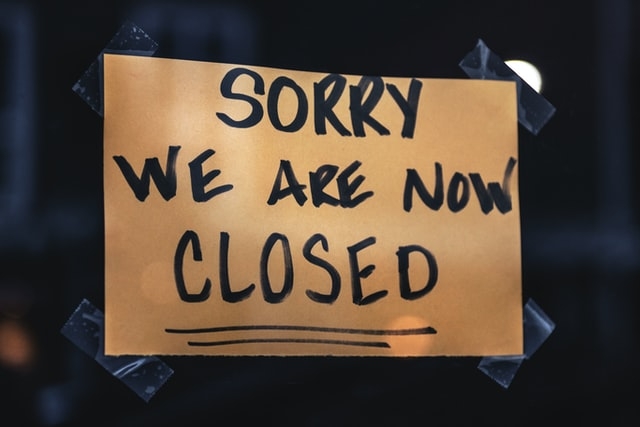29 Mar Winding up on just and equitable grounds

Almost always, insolvency is the reason why a company is wound up. This process is often initiated by a creditor of the insolvent company.
However, insolvency is not the only grounds for winding up. The court may also order the winding up of a company if it ‘is of the opinion that it is just and equitable’ to do so.
The application to wind up a company on these grounds must be made by that company’s shareholders.
What will the court consider?
There are no restrictions on what facts the court can consider when determining whether it would be just and equitable to wind up the company. However, some matters which may be relevant include:
a) failure of the main object of the company’s formation;
b) deadlock in the management of the company;
c) breakdown in the relationship between the shareholders;
d) lack of confidence in the conduct and management of the affairs of the company;
e) where there has been fraud, misconduct or oppression in relation to the affairs of the company;
f) serious concerns about the company’s compliance with its statutory obligations, including the filing of tax returns;
g) where there have been breaches of the Corporations Act, including breaches of directors’ duties or an inadequacy of accounts or recordkeeping;
h) questions of commercial morality in the conduct of the company’s affairs; and
i) a risk to the public interest that warrants protection.
If the court finds it is just and equitable, it must then consider whether there is any other remedy available as an alternative to winding up before granting the application.
Public interest and risk to community safety
The court considered such an application recently in a Victorian case[1] regarding a company which operated an indoor play centre for children.
The applicant, Mr Lee, was a minority shareholder and worked in various roles, including as general manager in the business. He sought an order for the just and equitable winding up of the company on the basis of a lack of confidence in the conduct and management of the Company’s affairs, the perilous financial position of the Company, and questions of commercial morality and the public interest.
In particular, Mr Lee raised various safety concerns about the property and the Company’s business and identified that the Company did not have in place a policy of public liability insurance. He argued that:
- the quality of the equipment installed at the centre was inferior and did not meet Australian standards;
- the company did not have a planning permit which allowed it to trade, and had not complied with the conditions attached to the occupancy permit;
- throughout 2019, there were a litany of injuries sustained by children who visited the play centre, a number of them serious, including to children’s heads, backs, necks and knee joints;
- At the time of these injuries, the company did not have in place any public liability insurance – a fact which the court described as “simply breathtaking“;
- There were electrical and fire safety issues at the property; and
- The company had inadequate staff to man the play centre.
The court agreed that the play centre posed a real risk to public safety, and that the conduct of the director and majority shareholders indicated they held an unsatisfactory attitude to corporate and management responsibility and reflected poorly on the commercial morality of the company.
Buy-out not an appropriate remedy
In finding that it was just and equitable to wind up the company, the court then considered whether a buy-out of Mr Lee’s shares by the other shareholders would be an alternative to winding up. The court concluded that this would not be an appropriate alternative remedy because a buy-out would not be effective to address the issues of community safety and public interest, and an order was made to wind up the company.
Karina McDougall has written a Q&A article on this topic can be found on the Solari and Stock website Q&A-Winding Up a Company on Just and Equitable Grounds
Are you winding up a business and need someone to guide you through the process? Contact Solari and Stock Miranda on 8525 2700 or click here to request an appointment.
Article written by Karina McDougall
Photo by Tim Mossholder on Unsplash
[1] In the matter of JSSP Holdings P/L (ACN 614 601 839); Lee, Philip v Liang, Xiaoxing (also known as Liang, Sean); Shi, Jiawei (also known as Shi, Jerry) & JSSP Holdings P/L (ACN 614 601 839) [2021] VSC 33